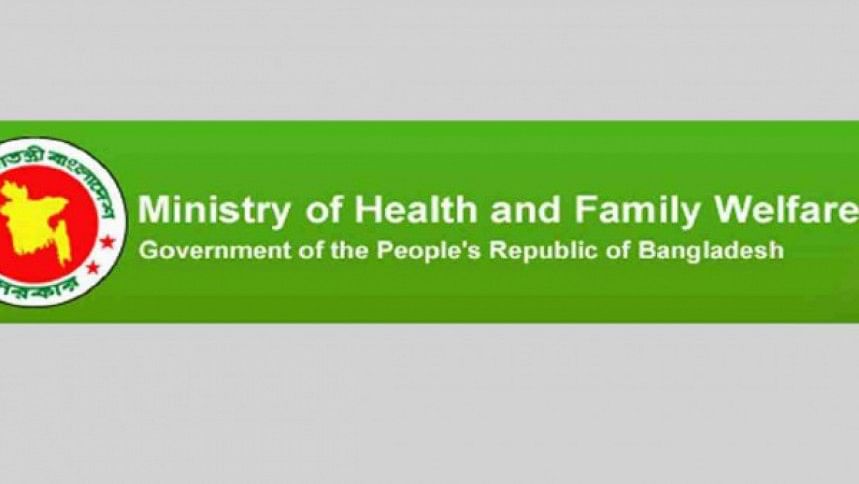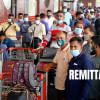Utilising Funds: Health ministry fares worst, yet again


The health ministry continues to struggle with utilisation of funds allocated in the national budget, like it did in the past few years.
In the first 10 months of the current fiscal year of 2022-23, the ministry of health and family welfare has spent only 32.22 percent of its total Tk 12,189.77 crore allocation in the revised budget, according to an evaluation report by the Implementation Monitoring and Evaluation Division (IMED) of the Ministry of Planning.
In the revised budget, the health services division received of Tk 9,793.96 crore and the health education and family welfare division Tk 2,395.81 crore.
The two divisions of the health ministry won't be able to spend the unutilised funds in the last two months of the current fiscal, said ministry sources.
An unutilized fund means more people will be left out of government healthcare services, which has far-reaching consequences on public health, said Prof Be-Nazir Ahmed, public health strategist and former director of Disease Control at the Directorate General of Health Services.
"The main reason is that utilisation of the health budget is poorly planned and lacks any vision," he told The Daily Star. Calling for prompt action, he urged the ministry high-ups to address all issues regarding capacity enhancement and bridge the gap between budget allocation and utilisation.
In the current fiscal, the health ministry has received the seventh highest allocation among the 15 ministries with highest allocations. However, it has lagged behind all others in implementing the Annual Development Programme (ADP). Among the 58 ministries and departments, the health services division is 43rd in terms of budget utilisation.
According to the IMED report, among the 15 ministries with highest allocations, the average budget utilisation is 51.30 percent. Of them, the health services division has spent 33.04 percent while the bridge department has utilised the highest 65 percent.
Echoing Prof Be-Nazir, Dr Mohammad Akhteruzzaman, joint secretary and programme manager at the Health Economics Unit of the health ministry, said, "In most cases, the health budget is prepared on the basis of assumption. As a result, there has always been a big gap between the plan and the reality, and also, the health managers stay in fear of audit objections."
Commenting on the matter, health expert Dr MA Sabur said, "The health sector is a specialised and service oriented public sector. But the government does not recognise this fact."
Inefficiency is not the only issue plaguing the sector, said Sabur, who is also an adjunct faculty at the Institute of Health Economics, Dhaka University.
"A big portion of the health budget is allocated for salaries. But 20-30 percent of posts in the sector remain vacant at any given time. Therefore, allocation for salaries of these vacant posts also remains unused," he said.
Sabur, who was also the team leader of Program Support Office at the health ministry from 2007 to 2010, pointed out a systemic flaw in the sector. He said that it takes the health ministry officials four to five months to get procurement plans for different development projects passed due to the ministry's heavily centralised nature, adding that many other ministries get such plans passed way earlier.
All public hospitals and government health complexes have separate allocations for medicine, equipment etc. But heads of these institutions and facilities often show reluctance about these funds as using them is followed by audits. That's why they often rely for medicine and other supplies on various sources including the hospital service management unit of the DGHS, said Sabur.
Asked about this, Akhteruzzaman recommended decentralising the utilisation of the health budget to avoid procedural delay as well as training a pool of mid-level health managers who would be engaged in financial management for the rest of their service life.


 For all latest news, follow The Daily Star's Google News channel.
For all latest news, follow The Daily Star's Google News channel. 







Comments